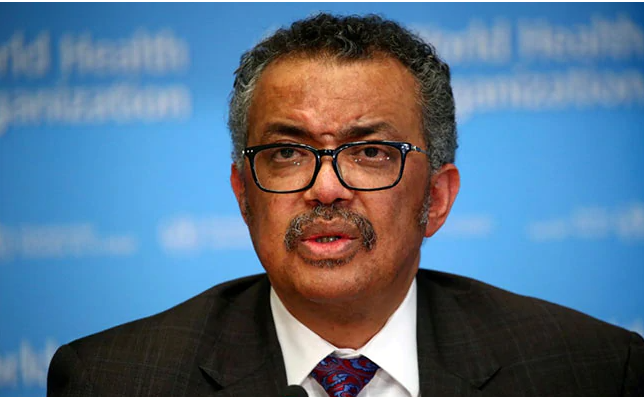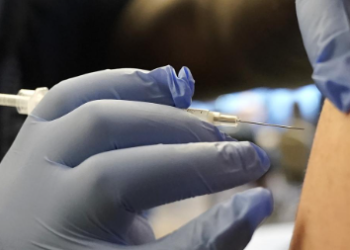In a solemn acknowledgement of World Sepsis Day, Tedros Adhanom Ghebreyesus, the Director-General of the World Health Organization (WHO), underscored the urgent need to combat sepsis as a pervasive global threat. Sepsis, a life-threatening condition triggered by the body’s response to infection, is responsible for a staggering one in five deaths worldwide, as revealed by Tedros.
To mark World Sepsis Day, Tedros shared a video message on X, captioned with a poignant statement: “#Sepsis accounts for nearly 1 in 5 deaths globally, including children. We know these deaths can be avoided, through vaccines, rapid diagnostics, and timely access to appropriate and effective treatments. We call on all countries to take serious action. #HealthForAll.”
Elaborating on the dire statistics, Tedros emphasized, “Sepsis accounts for nearly one in five deaths globally, and 85 per cent of Sepsis cases and deaths are in low and middle-income countries.” He further highlighted the vulnerability of children under five years of age, emphasizing that these deaths can be prevented through vaccines, rapid diagnostics, and timely access to appropriate and effective treatment.
In his address, Tedros reaffirmed the WHO’s unwavering commitment to tackling sepsis as a global menace. He recalled that six years ago, WHO member states adopted the world’s first global resolution on sepsis. This year, the World Health Assembly took significant steps by adopting a resolution on emergency, critical, and operative care, along with a global strategy for infection prevention and control.
Looking ahead, Tedros announced that WHO will launch new guidelines on sepsis prevention and management in the upcoming year, with a particular focus on preventing bloodstream infections.
“The challenge we all face now is to turn guidelines into action,” stressed the WHO chief. He warmly welcomed the emphasis of this year’s World Sepsis Day event on implementing the WHO Sepsis resolution on both national and global scales.
Sepsis represents a leading cause of hospitalization and death across the world. In the United States alone, approximately 1.7 million people develop sepsis each year. This life-threatening condition is characterized by an extreme immune response to an infection in the bloodstream, potentially leading to widespread organ failure and, tragically, death.
As the world grapples with the devastating impact of sepsis, the WHO’s call to action on World Sepsis Day serves as a poignant reminder of the critical importance of global cooperation in combatting this grave public health concern.








 India
India












